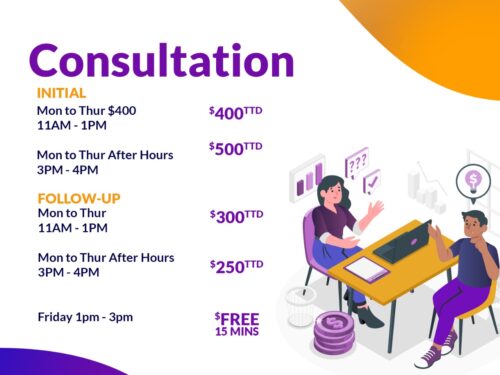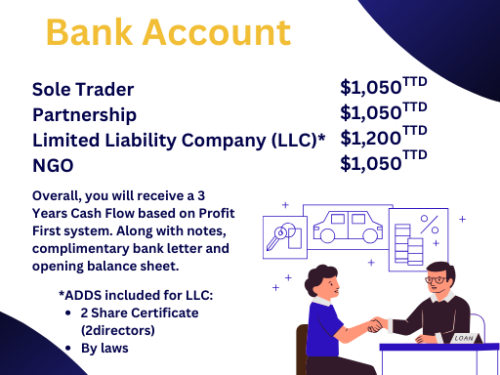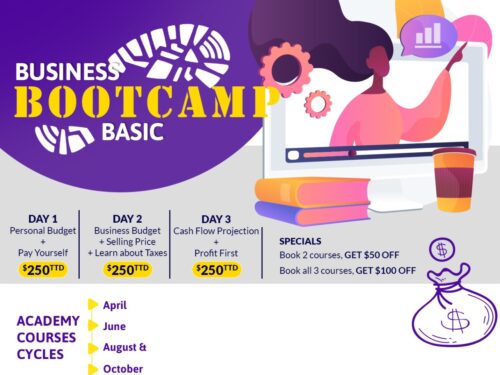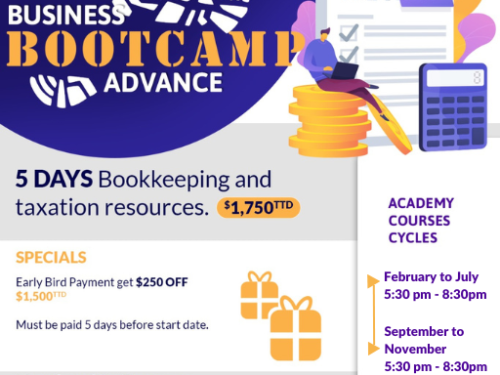Last week, we spoke about the importance of business budget for entrepreneurs. Let’s look at the basic components of a business budget:
Sales and other revenues: These figures are a budget’s “cornerstone.” Try to make these estimates as accurate as possible, but err on the side of being conservative if you have to. “Everyone would like to see sales double each year but the odds of that happening are very unlikely,” Butcher says. The best basis for your projected sales revenues are last year’s actual sales figures. If you’re just starting out, hopefully you have done your research by asking other business people in the same field as you, using knowledge of the field you had at a previous job, and/or doing market research.
Total costs and expenses: Now that you have your sales estimates done, you can come up with figures for how much it will cost your business to earn those revenues. These can be tricky because sometimes they will vary because of inflation, price increases, and other factors. Costs can be divided into categories: fixed and variable.
- Fixed costs are those expenses that remain the same, whether or not your sales rise or fall. Some examples include rent or mortgage, leased equipment, and insurance.
- Variable costs correlate with sales volumes. These include the cost of raw materials you need to make products and inventory.
Profits: Let’s face it: you’re in business to make a profit on your investment and work. You estimate this figure by subtracting your costs from your revenues. Once you have your profit estimates, you can also start to plan for whether you can purchase new equipment, move to a bigger location, add staff, or give your employees bonuses or raises. You can also troubleshoot your projected costs and see where you can cut costs if your profit projections aren’t up to scratch.
Your budget should operate according this basic mathematical equation “sales – total cost = profit.”
Start out by developing a target for your sales revenues. For a startup business, begin by estimating what type of realistic profit you’d like to see in the coming year. You may also check the local Chambers of Commerce to see if your figures are reasonable. If you are already in business, use your company’s most recent financial statements.
Operating expenses: If you’re just starting out, you’re going to have to brainstorm to make sure you factor in all the costs you will incur. Using a financial consultant will make this task easier. Again, if already in business start with those financial statements. These statements should include an itemised list of the fixed and variable expenses you incurred during the year, including salaries and wages, rent or mortgage, utilities, taxes, etc. Remember if you operate at home, calculate the percentage of your living space being used as your workspace and use that percentage to calculate your utilities, insurance etc.
Remember that it’s important to use realistic figures so that your budget can help you guide your business. Remember that budgeting is not an exact science. A budget works on common sense, If you made $100,000 last year, common sense indicates you won’t make a million next year. Your best bet will be estimating in the range of $80,000 to $120,000. But be prepared to make adjustments to your budget as the year progresses. You may have set your sales figures too high if the economic slump hits your business. Or, conversely, you may land a client that doubles your business.
A budget for your business will help you figure out how much money you have, how much you need to spend, and how much you need to bring in to meet business goals and remember bankers and other financiers (even if they are friends or family) will want to see a budget when you ask for a loan.
Be sure to join our Facebook, Instagram, Tiktok and our Website for more valuable information. Ask about our Business Bootcamp Basic and Advance Courses, Business Startup Kit, Retainer Package, Year End Retainer Package , Business Bank Account or learn how manage your finance with our Prerecorded and Live Courses. Book a FREE 15 mins CONSULTATION on Fridays from 1pm to 3 pm.
“A wealthy person is simply someone who has learned how to make money when they’re not working.” – Robert Kiyosaki









